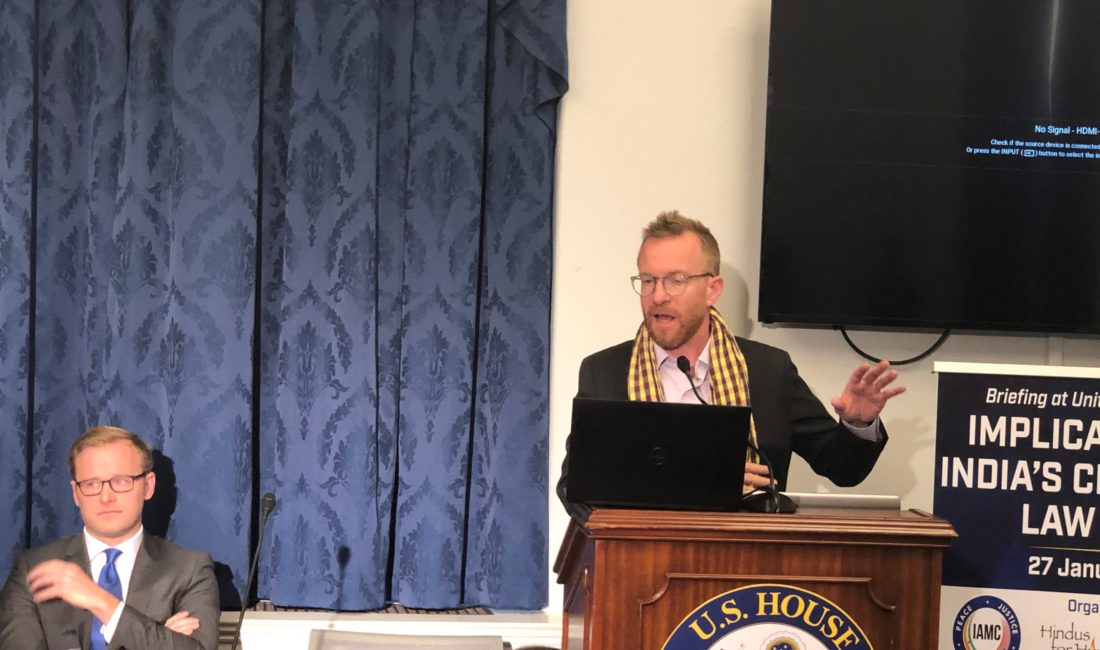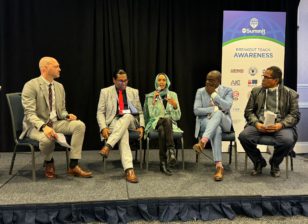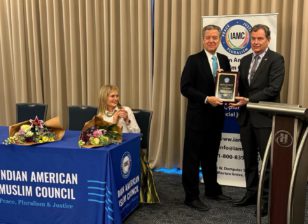CAA violates international agreements India signed in 1967 and 1979, Human Rights Watch tells U.S. Congress
Washington, D.C., January 29, 2020
The Citizenship (Amendment) Act of India violates at least two international treaties that India has signed and ratified in the past, Human Rights Watch has said.
The International Covenant on Civil and Political Rights that India ratified in 1979 “is very clear that you cannot deprive people of their citizenship on the basis of their race, color, descent, national or ethnic origins,” John Sifton, Asia Advocacy Director of the Human Rights Watch in the U.S., said at a briefing at U.S. Congress this week.
Similarly, the International Conventions on Elimination of All Forms of Racial Discrimination (CERD) that India signed in 1967 and ratified the next year “explicitly obliges India to guarantee the right of everyone to equality before the law, including in the enjoyment of the right to nationality,” Sifton said.
The Committee created to safeguard that treaty “specifically added that the deprivation of citizenship on the basis of national and ethnic origin, race and color violates their obligations,” Sifton said at the Briefing titled “India’s Citizenship Law (CAA)”.
“The treaty asks countries to take steps to address xenophobic attitudes and behavior towards non-citizens, in particular hate speech and racial violence, to promote a better understanding of the principle of non-discrimination in respect to the situation. In other words, this treaty obligates India to do everything it is not doing right now, which is to promote harmony, fight xenophobic attitudes towards non-citizens.”
The international setting allows non-Indian human rights activists, civil society, Members of Congress, to “raise these issues with India and not have the Indian Embassy say you don’t have a right to raise this with us
it is a domestic and internal issue,” Sifton said. “On the contrary, this is an international issue. These are international norms. You have every right to raise them whether you are Indian or not.”
The Briefing was attended by Congressional staffs of Senators, Congresspersons and House committees, as well as by officials from the Department of State.
It was organized by Indian American Muslim Council, the largest Indian American group advocating for Constitutional secularism in India; Hindus for Human Rights; Emgage Action; and Council on American-Islamic Relations.




